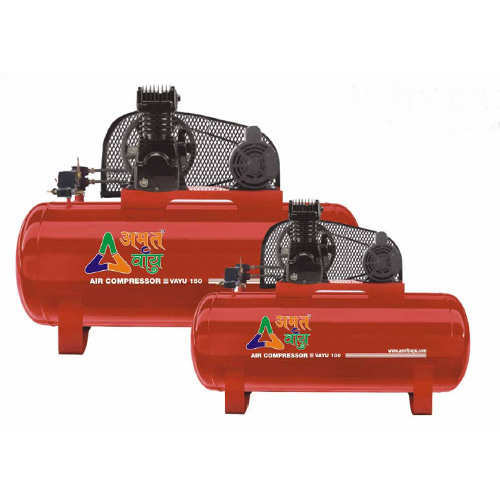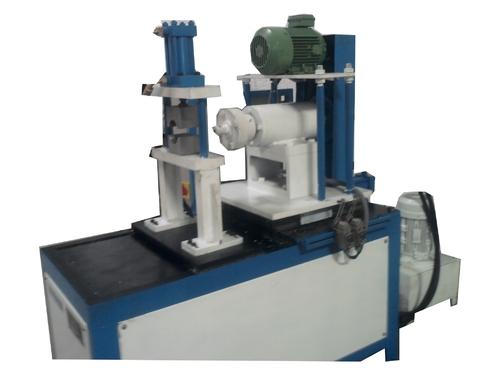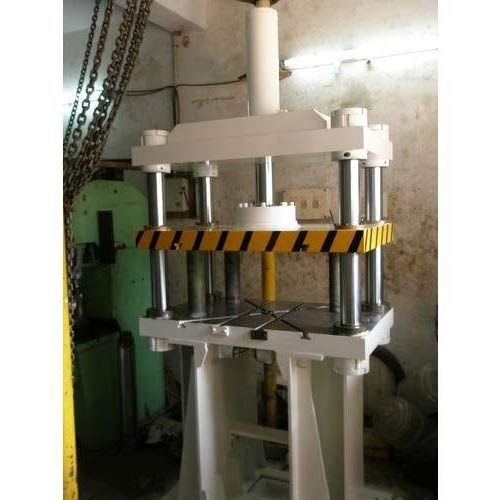Schedule a Call Back
"Almost INR 1,620 crore in solar exports were registered in FY 2013-14"
 Interviews
Interviews- Oct 09,14
The craze over setting up of solar power projects is increasing in India. What is your view on this? What are the major reasons?

The World Bank has estimated that 300 million people in India - roughly a third of the country live without access to power. Those who do have power face acute power shortages. In July 2012, more than 600 million people were affected by one of the largest blackouts in the country's history due to insufficient power generation.
India has long struggled to meet its power generation needs through conventional means. Coal supply has never been able to keep up with demand resulting in large coal imports which is a threat to national security. Solar energy shows tremendous promise as one of the most attainable domestic sources of power in India. Solar energy's flexibility and increasing affordability make it a unique solution to India's growing appetite for power and the sector itself represents a great future for the economy, industry, jobs and environment.
The solar sector in India was almost non-existent before 2010, the Jawaharlal Nehru National Solar Mission (JNNSM) policy has been the driving force behind the rise of India's solar industry and has a goal to install 20 GW by 2022. The new NDA administration with its 'solar friendly' approach is laying out even more attractive programs to increase solar power generation.
What is the market size of solar projects in India?
Currently the Indian solar market size is approximately 3,000 MW.
What is the total installed capacity so far, how much more is required in India?

The total cumulative installed solar capacity in India is 2,753 MW - eight per cent of the total renewable energy installed capacity and one per cent of the all India power generation installed capacity. JNNSM has set itself a goal of creating an enabling policy framework for deploying 20,000 GW of solar power by 2022 which means we need about 17,000 MW to be installed by 2022.
The awareness on the use of solar panel is still lacking. What can be the solution?
According to Mercom's 'India Consumer Perceptions on Renewable Energy Survey,' in terms of awareness of different energy sources, 91 per cent of commercial respondents and 83 per cent of residential respondents were aware of solar largely due to the prevalence of solar water heaters. Solar was the most recognised form of energy generation by both commercial and residential respondents. Awareness of renewable sources of energy such as solar and wind were higher than conventional sources such as coal.
Despite the higher favor respondents gave solar relative to other generation sources, throughout our survey, we found a general lack of education and awareness, and in some instances misconceptions about solar, such as its use being limited to water heating.
This may be because the solar industry has done almost nothing to inform and educate consumers about its potential and versatility. For an industry that is completely dependent on subsidies at the moment, they have not invested much time and effort in getting consumers on their side.
A strong industry-driven campaign to educate and inform consumers is needed to get consumers to understand that solar is key to solving power woes and to convert more public opinion towards developing solar in India.
Generally, we find a lot of opportunities for the renewable energy industry to invest in and educate consumers and differentiate renewables from fossil fuels.
According to you, how will the Chief Minister's Solar Rooftop Capital scheme encourage the use of solar panels at the residence?
There is limited news coming out of Tamil Nadu right now and our inquiries have gone unanswered.
There are very few local solar component manufacturers in India, giving rise to import of raw material. What according to you are the reasons?
Solar manufacturers have existed long before there was a solar industry in India. These manufacturers primarily were exporting low cost solar modules to European markets and only have started to focus on India after the JNNSM policy was put in place in 2010. The solar market in India has to be significantly bigger before we see investments into manufacturing. India has been installing about 1,000 MW a year over the last three years which is still relatively small.
However, Indian manufacturers are exporting more. Almost $270 million (~Rs1,620 crore) in solar exports were registered in FY 2013-14, a 152 per cent year-over-year growth.
India has now rejected the anti-dumping duties on cells and modules manufactured in China, Taiwan, Malaysia and the Unites States. What is your view on this?
The government of India let the deadline lapse on the proposed imposition of anti-dumping duties on cells and modules manufactured in China, Taiwan, Malaysia and the Unites States, indicating that there will be no anti-dumping tariffs placed on components imported from these nations. India's solar industry is collectively breathing a sigh of relief that a disaster has been averted and the projects that were stalled can now restart. This is a pragmatic, 'big picture' decision by the new NDA administration which will remove uncertainty and put the solar industry back on track for sustainable, long-term growth.
However, the drama surrounding the anti-dumping case, which was entirely avoidable, brought project development in the country to a standstill with developers essentially stopping the procurement process due to uncertainty surrounding the case. The optics were less than ideal - the Trade and Commerce Ministry, lobbied by manufacturers, pushed for duties while the Renewable Energy Ministry opposed them, giving the perception of a government and solar industry as 'out of touch' with the daily suffering of the citizens and businesses dealing with regular power shortages.
What are your expectations from the new government to encourage the domestic solar equipment manufacturers as well as the overall solar industry?
Mercom's sources revealed that the government has assured domestic manufacturers a guaranteed market by providing 'adequate offtake' through government programs, which will employ domestic content requirements, to make up for the antidumping case. A draft policy to develop 20,000 MW ultra solar mega projects was just announced.
We are also waiting for a 'revised' draft A draft policy guideline for Phase II, Batch 2 projects in the coming months from the NDA administration. If the upcoming policy is laid out with long-term visibility and a focus on healthy yearly installation growth, which appears to be the direction of the next draft policy, it could effectively shift the Indian solar market into the next gear. Most of our sources indicated that the new Power Minister is extremely engaged and wants to 'go big' on solar.
What are the major challenges that the solar industry faces in India?
The current solar installation levels are low in India. The government has been experimenting with policies which have been changed every year since 2010. Investors have had to deal with an uncertain environment as the government threatened trade wars with announcements of antidumping duties and domestic content requirements. Bureaucratic delays have been common place and the industry has not been able to plan long-term, without knowing what might change next. Even though renewable purchase obligation goals were set each year, strict enforcement is lacking, which means states do not have any incentive to implement solar policies. Most state power agencies are in dire financial condition and with poor histories of paying for power, which further increases risks for developing projects.
Related Products

Single Stage Air Compressor
Amrit Vayu Equipments is offering single
stage air compressor.

Hydraulic Chamfering Machine
Vedant Engineering Services engages to
provide a wide range of hydraulic chamfering machine.

Four Pillar Hydraulic Press
Fluidtec Controls engages as a manufacturer
and supplier of four pillar type hydraulic press.














